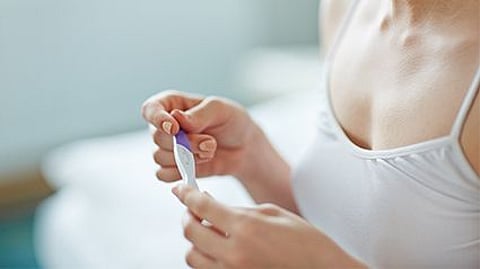WEDNESDAY, Jan. 6, 2021 (HealthDay News) -- Age at vasectomy reversal (VR) is not an independent predictor of achieving pregnancy, according to a study recently published in Urology.
David J. Nusbaum, M.D., from the University of Southern California in Los Angeles, and colleagues evaluated reproductive outcomes in men undergoing VR who were aged 50 years or older (353 men) versus those aged younger than 50 years (2,777 men).
The researchers found that the mean obstructive interval was 8.7 years less for men younger than 50 years (8.9 versus 17.6 years). In men 50 years and older, the chances of needing a vasoepididymostomy were higher (19.5 versus 10.1 percent). In men younger than 50 years, post-VR total motile count was higher (59.3 versus 29.1 × 10⁶/mL). Fewer men 50 years and older contributed to a pregnancy (33.4 percent of men <50 years versus 26.1 percent ≥50 years). Pregnancy was associated with an obstructive interval <10 years (odds ratio [OR], 1.295; 95 percent confidence interval [CI], 1.097 to 1.529; P = 0.002) and female age younger than 35 years (OR, 1.659; 95 percent CI, 1.396 to 1.971; P < 0.001). Decreased odds of achieving a pregnancy were associated with a history of smoking (OR, 0.523; 95 percent CI, 0.389 to 0.703; P < 0.001). There was no association seen between achieving pregnancy and age at VR (OR, 0.852; 95 percent CI, 0.647 to 1.122; P = 0.254).
"Successful outcomes after VR can be achieved in older men, and VR should be considered in men ≥50 years, when performed by a trained microsurgeon," the authors write.
Abstract/Full Text (subscription or payment may be required)


